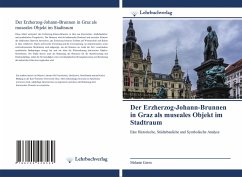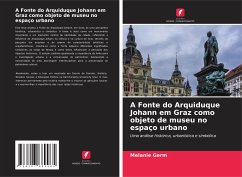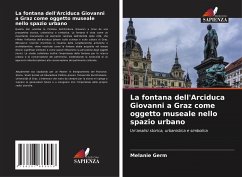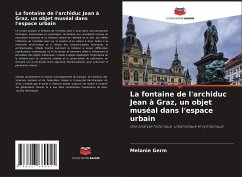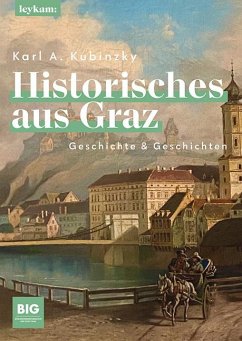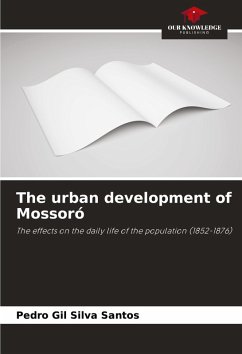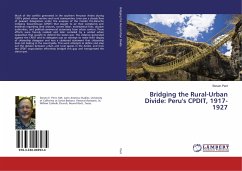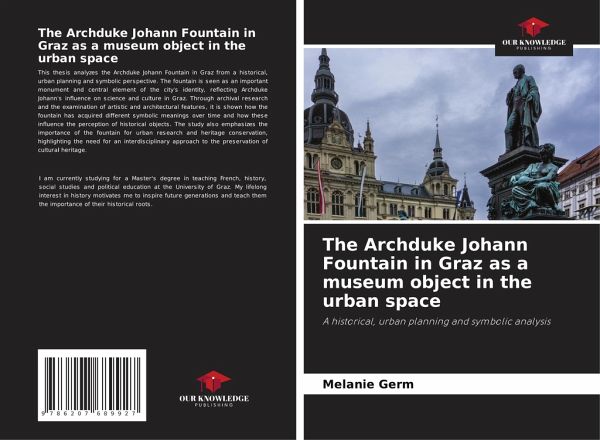
The Archduke Johann Fountain in Graz as a museum object in the urban space
A historical, urban planning and symbolic analysis
Versandkostenfrei!
Versandfertig in 6-10 Tagen
29,99 €
inkl. MwSt.

PAYBACK Punkte
15 °P sammeln!
This thesis analyzes the Archduke Johann Fountain in Graz from a historical, urban planning and symbolic perspective. The fountain is seen as an important monument and central element of the city's identity, reflecting Archduke Johann's influence on science and culture in Graz. Through archival research and the examination of artistic and architectural features, it is shown how the fountain has acquired different symbolic meanings over time and how these influence the perception of historical objects. The study also emphasizes the importance of the fountain for urban research and heritage cons...
This thesis analyzes the Archduke Johann Fountain in Graz from a historical, urban planning and symbolic perspective. The fountain is seen as an important monument and central element of the city's identity, reflecting Archduke Johann's influence on science and culture in Graz. Through archival research and the examination of artistic and architectural features, it is shown how the fountain has acquired different symbolic meanings over time and how these influence the perception of historical objects. The study also emphasizes the importance of the fountain for urban research and heritage conservation, highlighting the need for an interdisciplinary approach to the preservation of cultural heritage.





